Streaming, Revenue, Macroeconomics... Permit Me to Rant a Little
Maybe we didn’t just stumble to the bottom. We watched it happen in real time - well, at least I did...
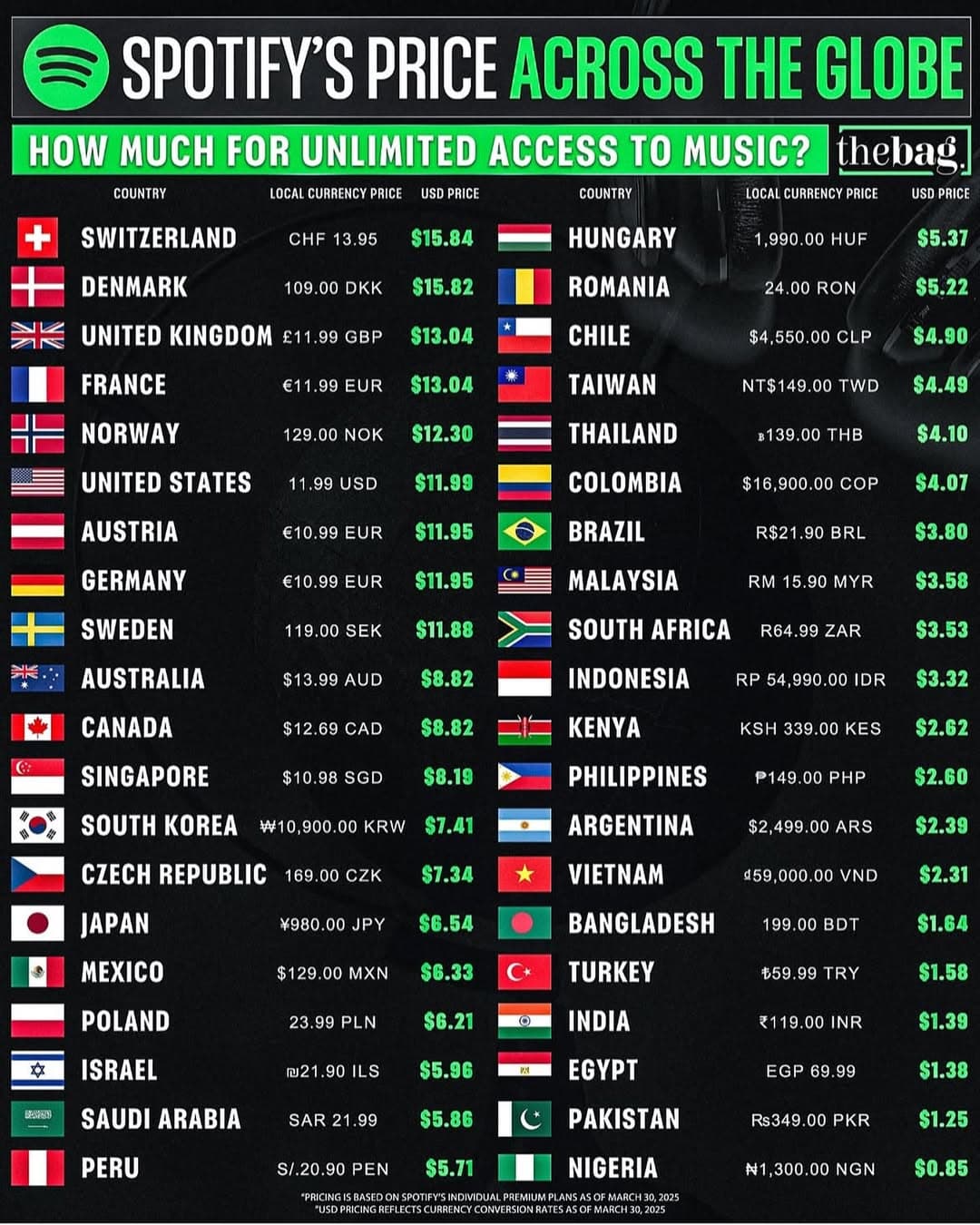
While prepping to step out yesterday, I thought to hurriedly get some random musings out of the way via video on my social media before heading out, and now I’m making a text adaptation for the newsletter - all dizzy and shit! 😴
You really never plan these things, and I’m living for it. 😅
I think it all started with a video I’d come across a couple days prior. It was by Indian musician Salim Merchant (8 million monthly listeners on Spotify; 2.3 million followers on Instagram; 2.7 million subscribers on YouTube), urging fans, consumers, and listeners of music to pay for music and not just stream it from free accounts. And I found that to be quite an interesting use of his platform to propagate such a message.
Truth is that for the music industry to earn more, for artists to make more money, for labels to invest in more talent, and for job opportunities to grow within the industry, more fans and consumers of music have to pay. It’s not enough to just stream music. Streaming is one thing, but streaming from a paid/subscribed account is just as important.
This whole idea of listeners paying for music is something the global music industry has been pushing for a while now. When you look at the revenue structure for most music companies today, while streaming is the leading revenue driver, there are two sides to it:
- Subscription-based (premium) streaming
- Ad-supported (free) streaming
The bulk of the revenue that powers the industry comes from the subscription side. I think that alone explains how important it really is.
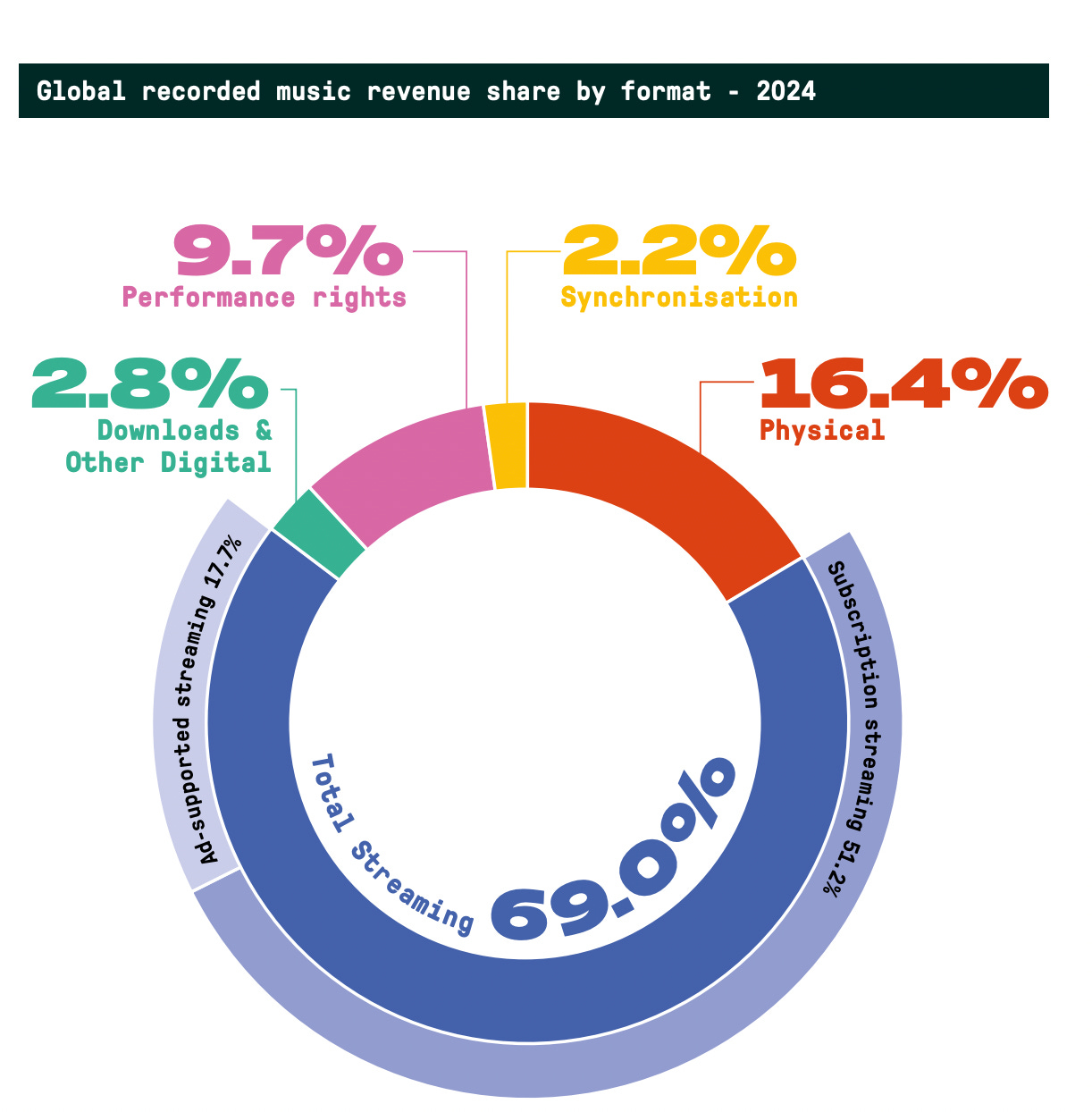
Credit: IFPI State of the Industry Report ‘25
Now, going back to Salim Merchant’s video; I thought it was a smart, timely, and thoughtful use of his platform to sensitize people. Especially because if you look at India (just like Nigeria), there’s massive streaming engagement, but the revenue often doesn’t match that level of activity. So, it’s really refreshing to see an artist of that level have such an understanding and then choose to leverage his platform to drive awareness around why it’s important not just to stream, but to actually pay for the music you stream. Because that’s what truly translates to more earnings for everyone involved and, ultimately, the overall growth of a region’s music industry.
In fact, Devraj Sanyal, Chairman & CEO of Universal Music Group, India & South Asia; SVP Strategy [AMEA], in reposting the video, said:
“Only when the consumer pays for music does the real paid ecosystem kick in, which then enables everyone from creator to company and the platforms themselves. I encourage every artist friend of ours to post their version of this to help India 🇮🇳 go up in their global IFPI #GMR rankings.”
For context, India was this close to overtaking the US as the biggest streaming market by volume in 2023. Music listeners in India streamed 1.037 trillion music and music video tracks; second only to the US, which recorded 1.454 trillion plays. But of course, when you shift the lens to average revenue per user, India - like most other developing markets - is still nowhere near what we see in developed markets like the US, UK.
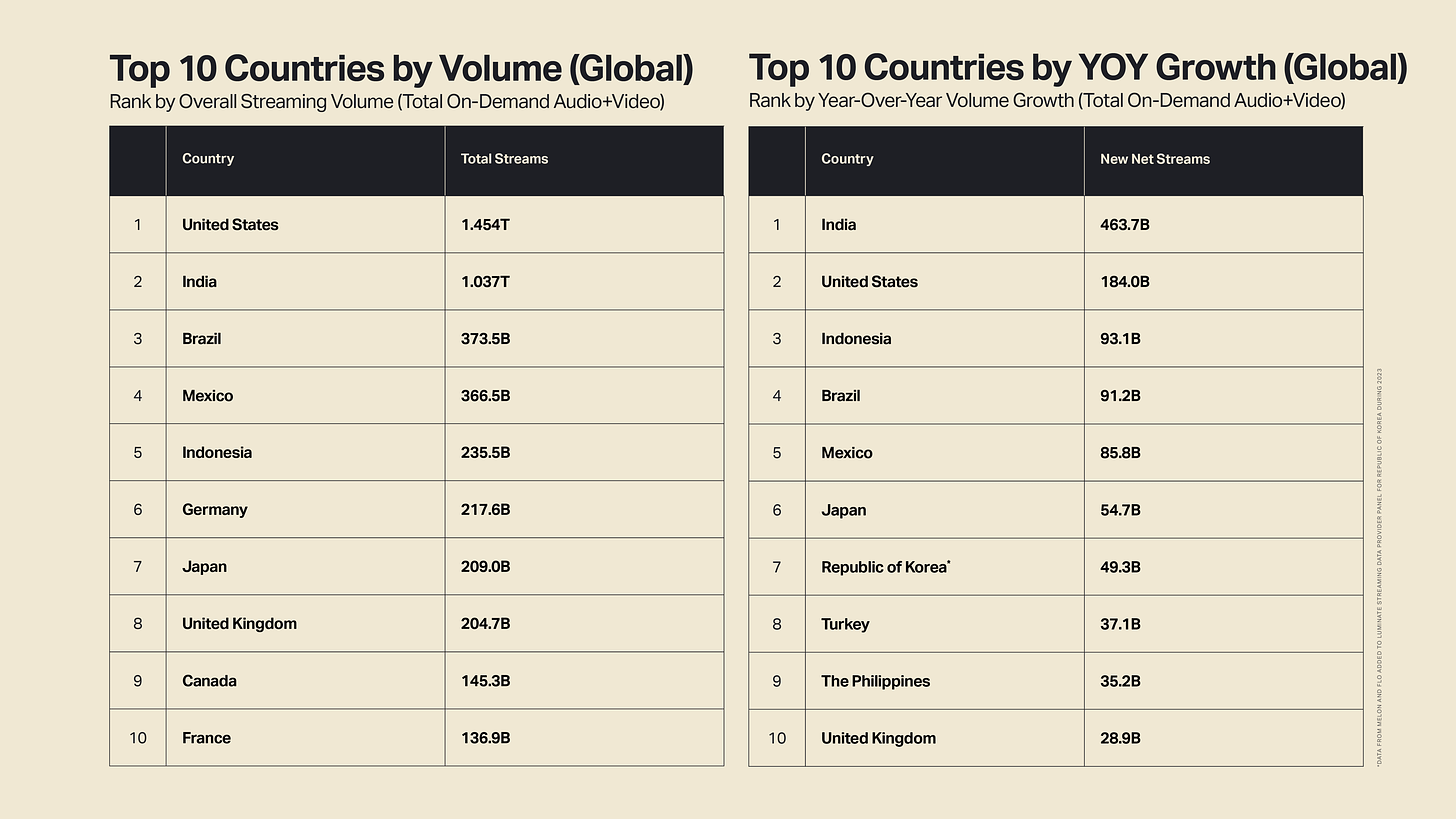
Despite all that volume, India actually dropped a spot in IFPI’s global rankings for 2024, falling from 14th to 15th, generating $378 million; which Indian Music Industry (IMI) trade body attests is low due to minimal uptake of paid subscriptions. Again, same story of high engagement, low monetary value.
ZOOMING TO NIGERIA
Now, bringing it down to Nigeria. A couple weeks ago, there was this whole conversation about streaming and revenue. And an artist here had the chance to use his platform to enlighten people positively; maybe even start a much-needed conversation around how streaming really works and why it's important to pay for music. But instead, in typical fashion, he chose to remind Nigerians of how impoverished they are. And I’m not surprised as it’s ingrained in our cultural fabric to broke-shame or speak condescendingly of our own people, as Nigerians. So maybe it’s asking for too much to imagine that he could have actually used his voice to hint at why paying for streaming matters... or even just encourage fans to consider it.
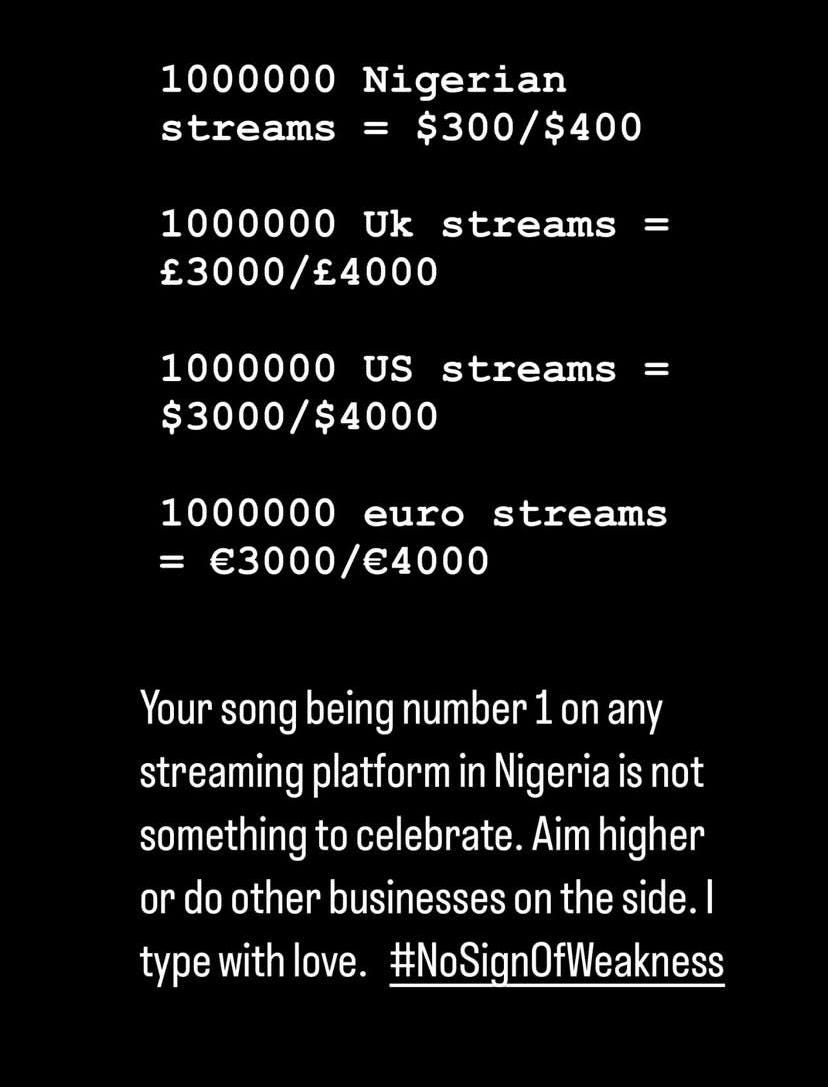
Said artist’s post to his millions of IG followers
Also, to be honest, while there are issues with emerging markets, the issue of paying or subscription streaming isn’t just “a Nigerian problem.” Globally, this is also a thing, as you would see in the case of Spotify, which has 678 million total Monthly Active Users (MAUs), but only 268 million of them (about 39%) are paying users. That speaks volume, if you ask me. And this is why we honestly need more voices backing labels and platforms in driving this message to fans and consumers of music. Artists, especially, can really get with the program because they also benefit when consumers understand the need to actually pay for music. Imagine if more artists started using their platforms to push this awareness. Let fans know that yes, streaming is amazing, but paying for what you stream is what actually moves the needle.
Also, to following posts of the above Nigerian artists that day; it really beats me how Nigerian listeners are constantly chastised for the value of their streams. I’ll always argue that Nigerian listeners are actually doing a lot within the limits of what they can control, and they honestly don’t get enough credit. For instance, Nigeria is already a top 25 market on Spotify by volume, and this is just in the four years since the platform officially launched here. And keep in mind, Nigeria is part of a pool of over 180+ countries where Spotify operates. Our streaming appetite/adoption, as it stands, is not a major problem. Yes, there’s a wide disparity when you compare it to Nigeria’s supposed 200+ million population, but the few people that have access and are active on these platforms are pulling their weight. What they can’t control, however, is the economic value of those streams. And brings me to the next one...
PS: This isn’t just about Spotify. It’s Apple Music, Mdundo, Amazon, YouTube Music - whatever DSP you use, just try to pay.
Personally? I use three platforms - Spotify, Apple Music, and more recently, YouTube Music. And I pay for all three. But that’s just me!
FOLLOW-UP MUSING; SUBSCRIPTION STREAMING!!
Now, this brings me to my next musing - drilling into the whole subscription issue, since we’ve already gotten the streaming appetite & adoption bit out of the way. As I’ve said, streaming is one thing but paying on streaming platforms is another conversation entirely.
A couple weeks ago, some graphic made the rounds; ranking countries based on how much they pay for streaming, and of course, Nigeria was sitting comfortably at the bottom. A number of people forwarded it to me, asking what I thought and honestly, I don’t exactly have any thoughts other than to just roll my eyes.
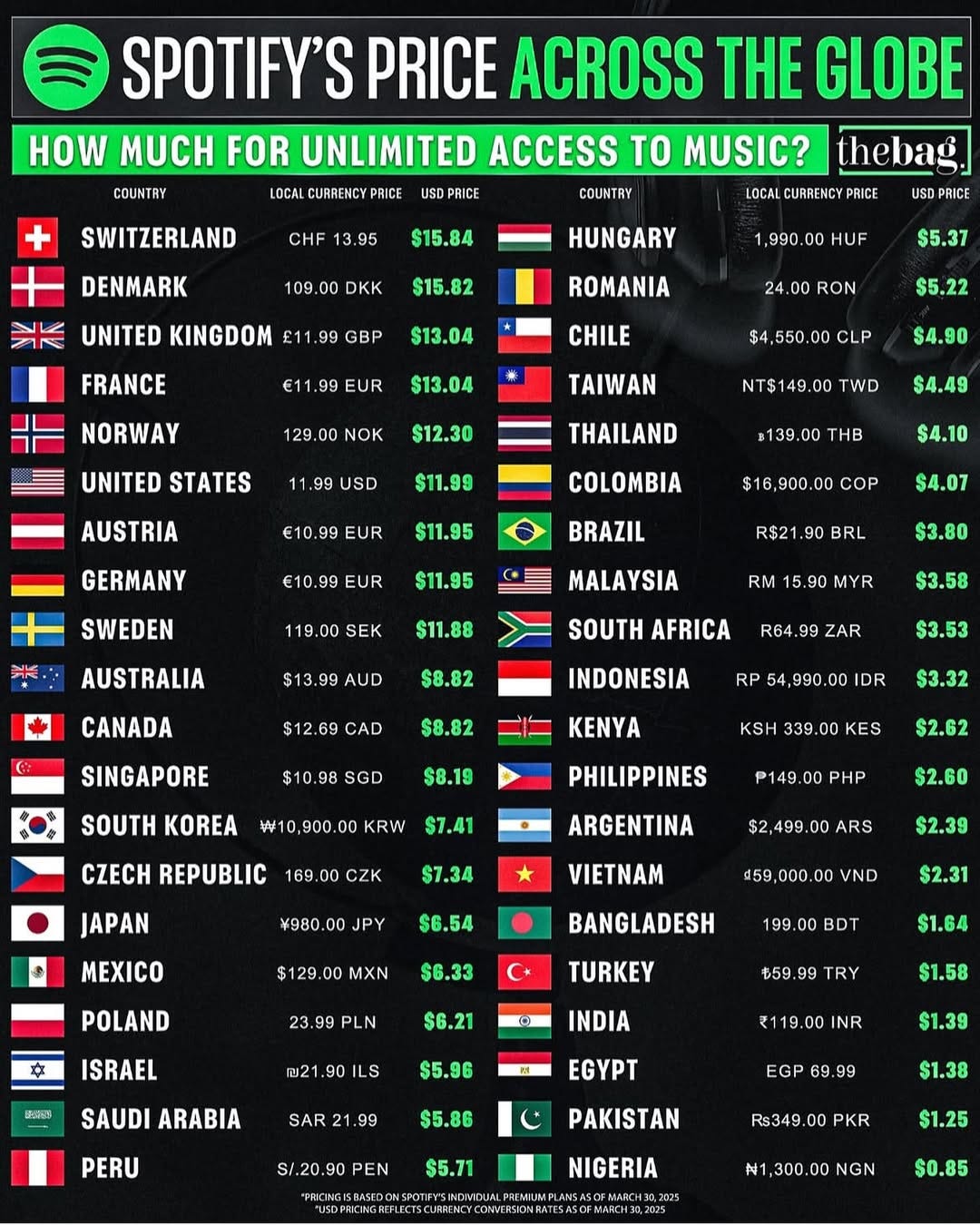
Why?
Maybe because it’s not new to me. Maybe because we didn’t just stumble to the bottom. We watched it happen in real time - well, at least I did.
For context, I’ve been around the streaming business for a while. My first ever streaming analysis was in 2020, back when Spotify wasn’t even in Nigeria. At the time, it was just Apple Music at ₦900. I did an internal presentation back then (during my time at Mavin), breaking down the mechanics of streaming…
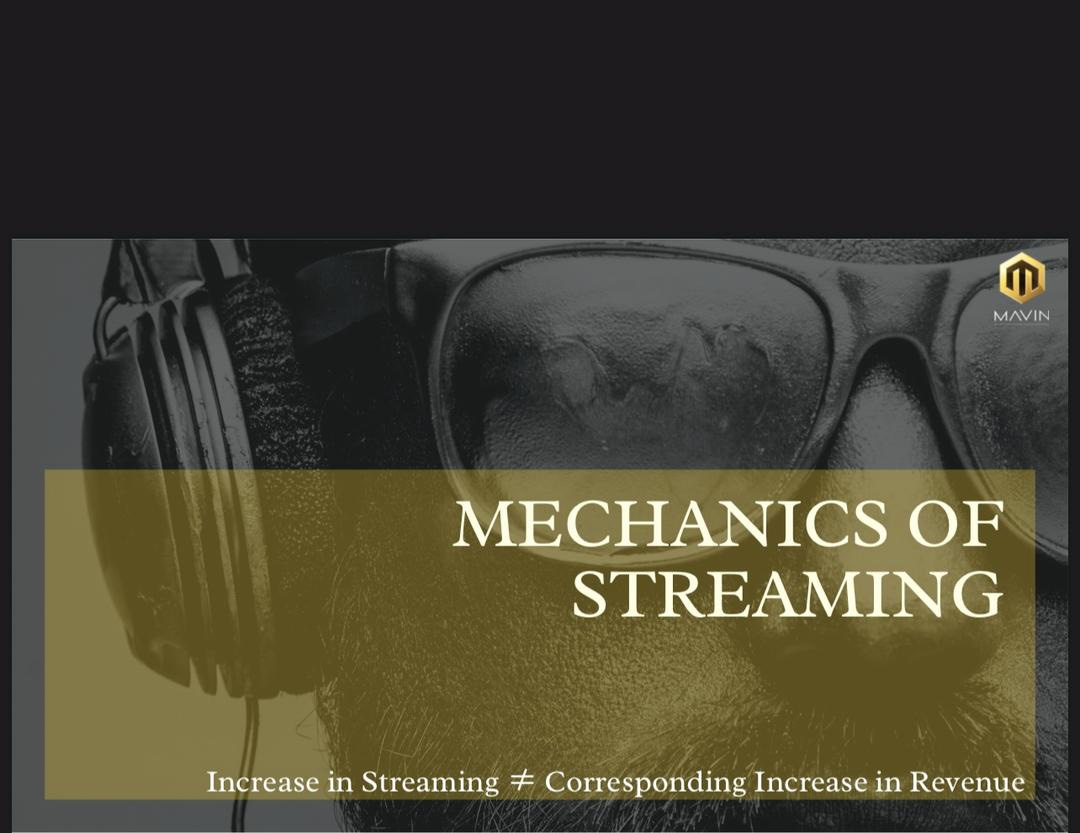
…which, fun fact, I think ended up sparking some of these tweets Jazzy posted right after (though many people didn’t have context for it at the time).
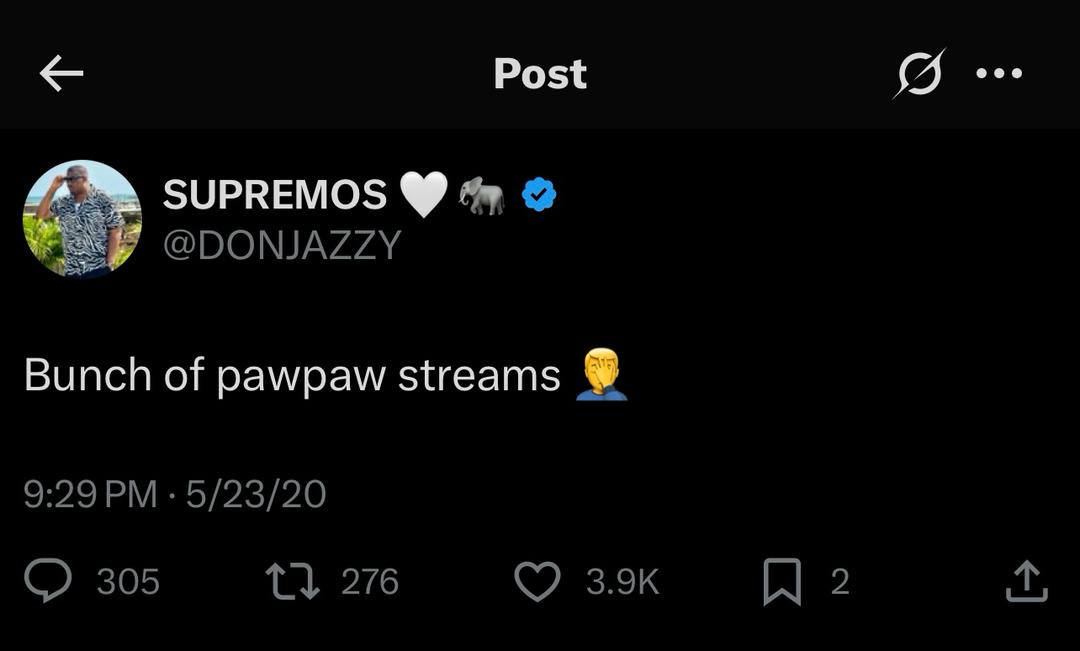
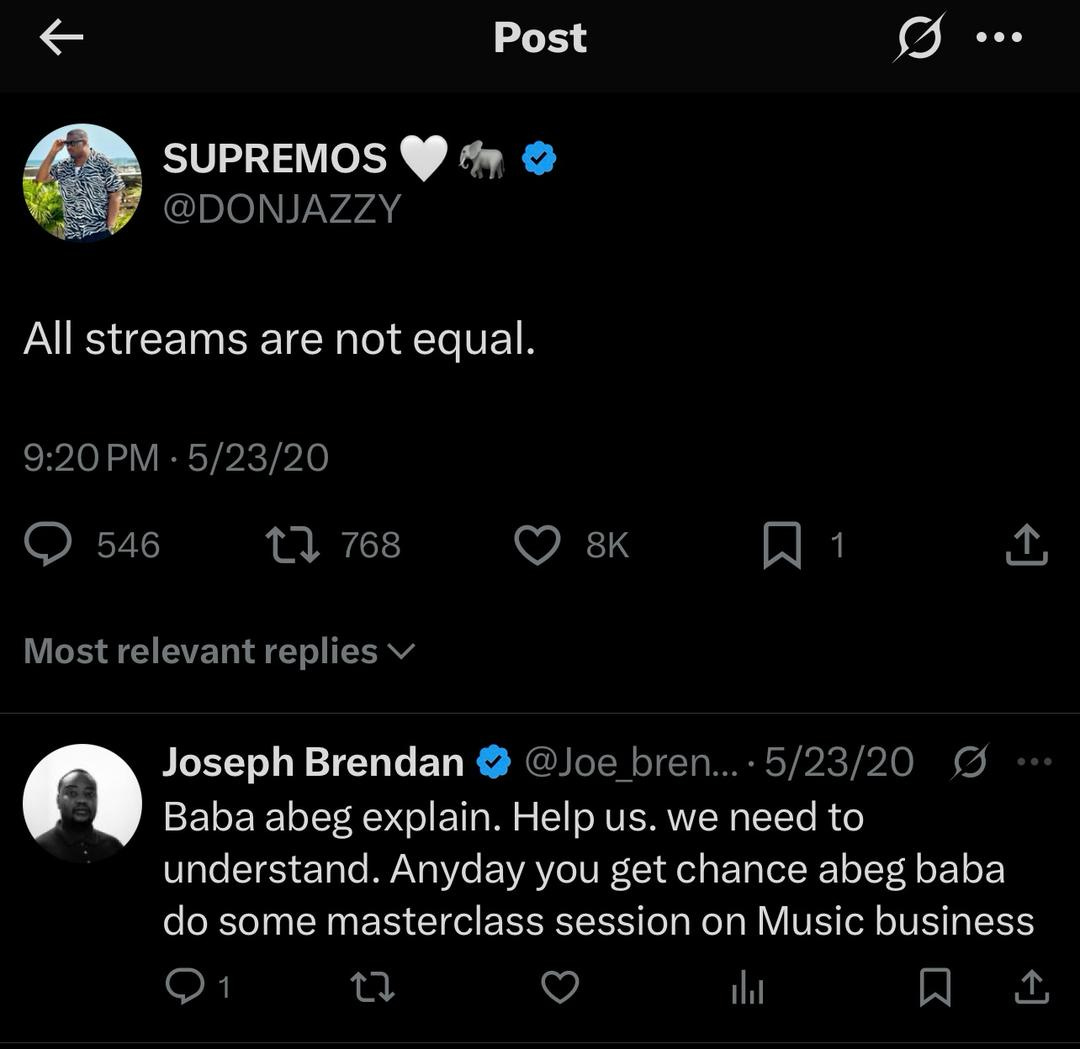
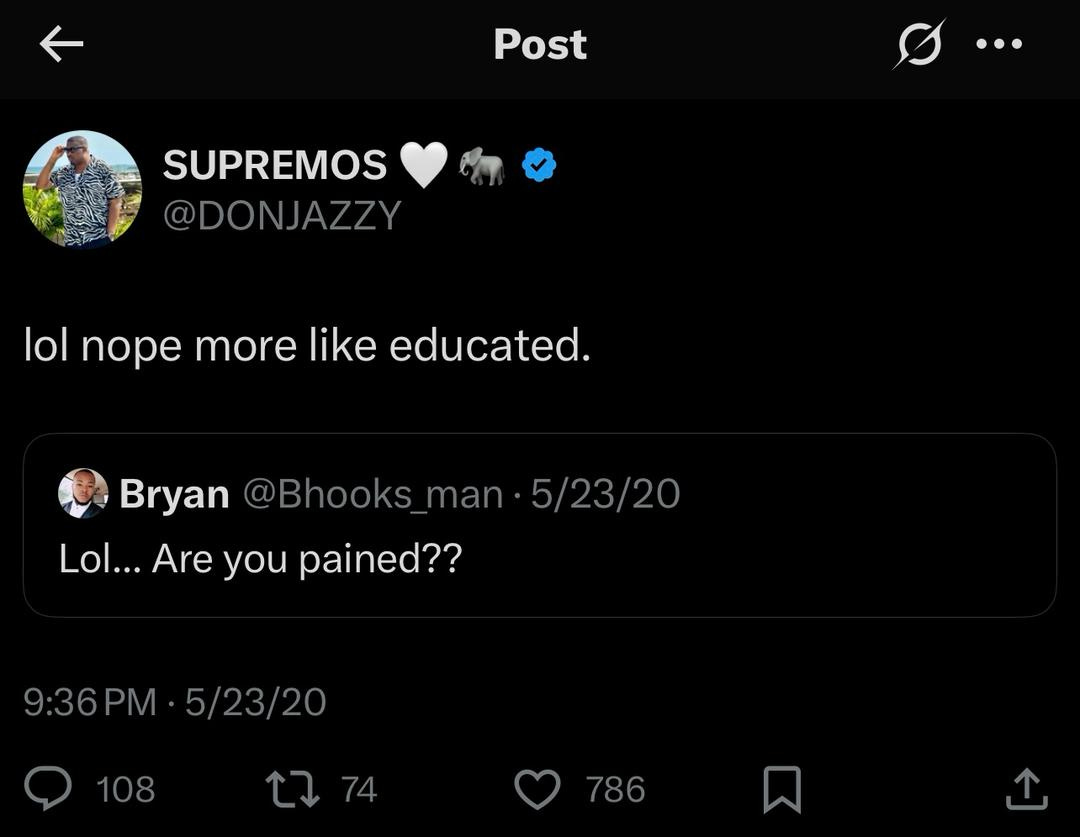
Then, in 2021, Spotify finally entered the Nigerian market. And by the end of that year, I ran another analysis across 100 markets, comparing what each country was worth in terms of streaming value. In 2021, Nigeria’s Spotify subscription was about $2.19, the equivalent of ₦900 per month.

As at 2021 ending
Fast forward to 2024 - even though the sub price has increased to around ₦1,300 naira - it’s now worth less than $1 because of exchange rate depreciation. So again, we didn’t just stumble to the bottom; we watched the value of our currency dip. It’s not like many of the people circulating that graphic even cared about THE HOW.
Now, that’s why I was so invested in the last election in February 2023. That was the first time - obviously at my most mature (24) - that I really understood how macroeconomics affects and can threaten everything. Like, down to music and entertainment. So I couldn’t fathom how people’s support for candidates was still solely based on personal bias, or hopeful proximity to people in power for personal gain; instead of support that could actually benefit the broader ecosystem and the overall value chain, more so one they’re active players in.
I remember someone saying to me “its just an election, why are you getting all worked up” and I think the issue is a lot of people in music still think our industry is somehow exempt from the hold of economics; like the scene is immune to the ripple effects when the economy is poorly managed. Sadly, it’s not and I’m happy we’re all learning that in real-time, whether we realise it or not. So when artists are busy fighting fans, or execs are constantly blaming DSPs for “not paying Nigerian artists enough”, it’s laughable because they’re fighting the wrong battle. The problem is upstream. It’s all macroeconomics.
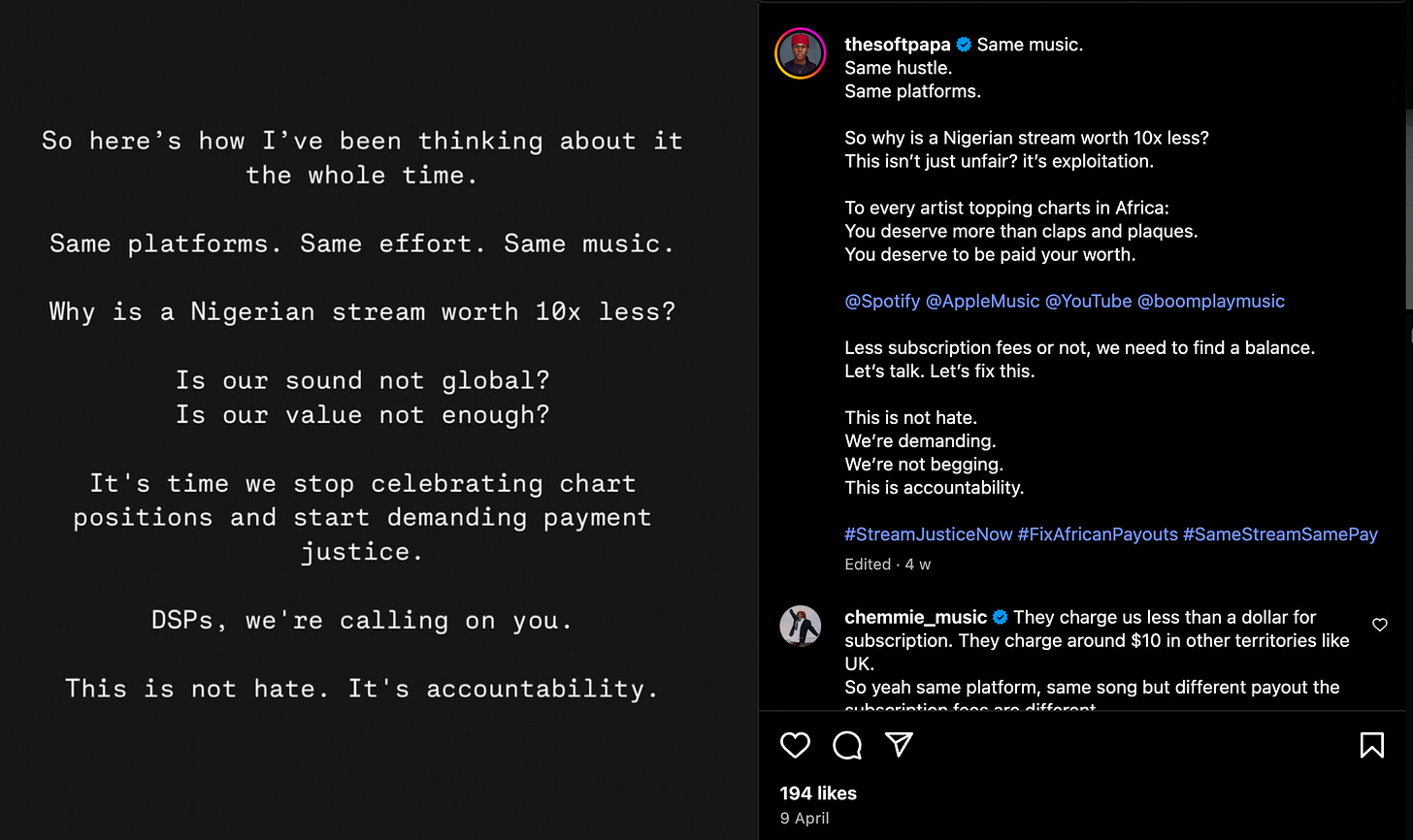
The real battle is economic. There has to be enough money in the pool before anyone can get paid. AND for there to be enough money in the pool, people have to, FIRST, be able to afford to pay for entertainment such as Music, Netflix, concerts + data to even stream said content after paying subscription fees.
Period!
My issue with the whole graphics razzmatazz is that many of the people circulating it don’t care as much as you’d think. They just want to appear as part of the conversation because I bet if we held another election today, many of these same people would still make choices they can’t logically rationalize - at least not without inserting personal and selfish interests or gains. These things matter. When we root for people who can’t manage the economy, it affects everything. Fervent currency devaluation in a country like Nigeria - where converting free users into subscribers is already a hassle - just complicates our market even more and doesn’t inspire the kind of investor confidence that could bring about other economic and job opportunities. That way, people are poorer and can’t afford entertainment services like Spotify or Netflix. And that trickles down to lower revenue for artists.
In our last report, I even highlighted how much the value of Nigerian subscriptions had dropped. We’re talking over a 70% drop in three years (at the time) and I won’t be surprised if it doesn’t end there.
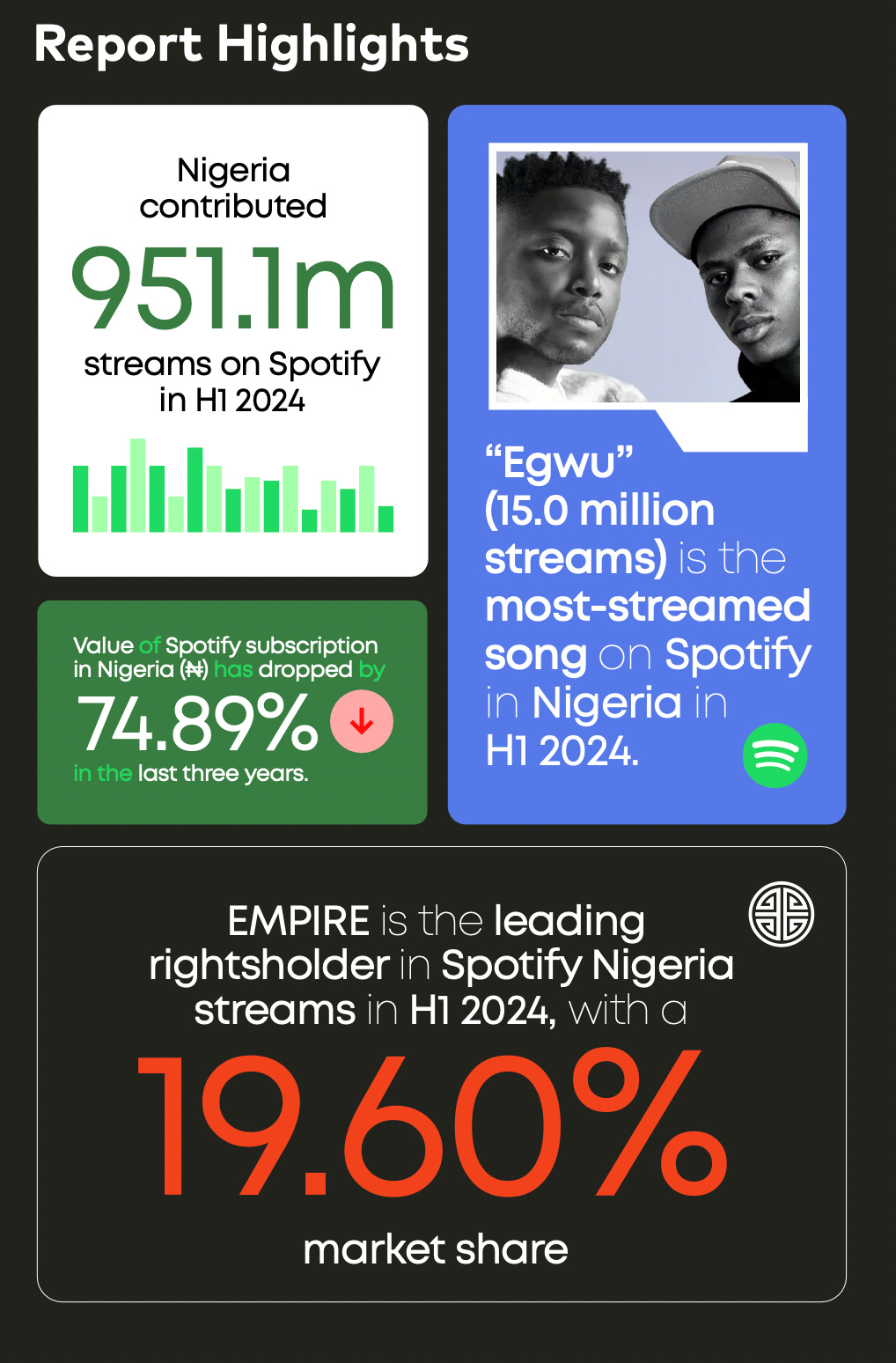
It would seem as though all I do is speak English (as someone once said ‘jokingly’) and throw numbers around like I don’t have anything better to do with my time. But then, when that same person turns around to parade the above graphics and gets all whiny, I have to wonder how much they really care. And that’s exactly why we do what we do - to always give scorecard of where we were. So wherever we find ourselves, whether we’re moving forward or backward, we can always look back.
So, if, come 2027, people - including the posturing execs - still vote based on vibes and sentiments instead of logic, that value will drop even further. That’s how the local market shrinks and that’s how artists who don’t have global reach get sidelined.
My argument is that Nigerians aren’t the problem. Nigerian listeners are pulling their weight. They stream crazy. But the value just isn’t adding up, and that’s not their fault. It’s the economic system. We need to start pointing fingers at the people who control the macroeconomy and start having important conversations with them. And who are those people? The government.
And if the incumbent government isn’t forthcoming, how do we evoke action? Through elections. Everything is connected.
I just really wanted to put this out there, especially for a lot of OGs and execs blindly fighting fans or DSPs. I hope you are starting to see how the value chain really works. Streaming, economics, governance - they’re all cousins.
Back to the video from Salim Merchant that inspired this rant; I think more artists should get behind this kind of messaging. Sensitize the public. Let people know that streaming is not enough. Paying for the music they stream is just as important because, as we now know, DSPs don’t earn the same from free-tier users as they do from paid subscribers. And artists are probably better off letting fans and consumers know these things directly because these fans/consumers listen to them better.
But yeah, I gotta run. Hope you have a great weekend! ✌🏽








